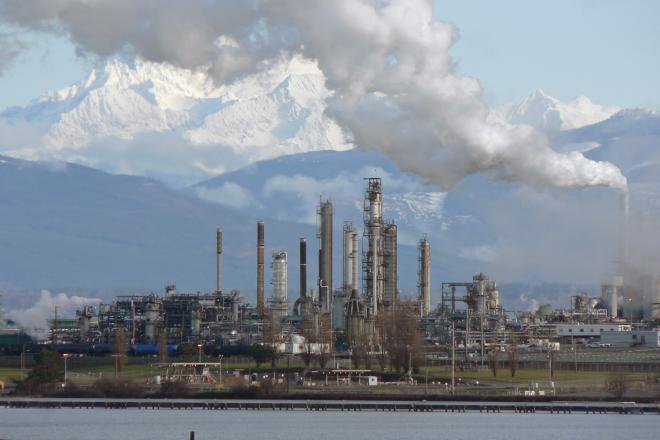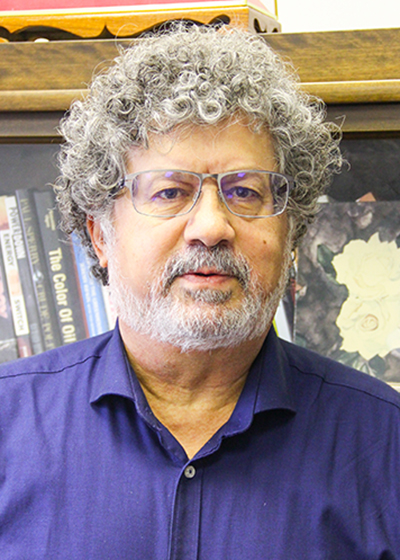Petroleum Processing

Credit: Anacortes Refinery by Walter Siegmund is licensed under CC BY 2.5
Resource Description
This course on petroleum refining reviews how a refinery integrates different physical processes and chemical reactions to process crude oil for the production of transportation fuels and materials according to commercial specifications and environmental regulations. Classification of crude oils using standard analytical protocols helps the refiners select the optimum conditions for the most efficient and most profitable production of fuels and materials. Understanding the basic concepts and technical objectives for each process unit provides the knowledge base necessary to convert crude oil into desired products at minimum cost and low environmental impact. A discussion of how the refinery evolved from the days of one-pot distillation into the current complex configurations will inform an outlook from present to future.

